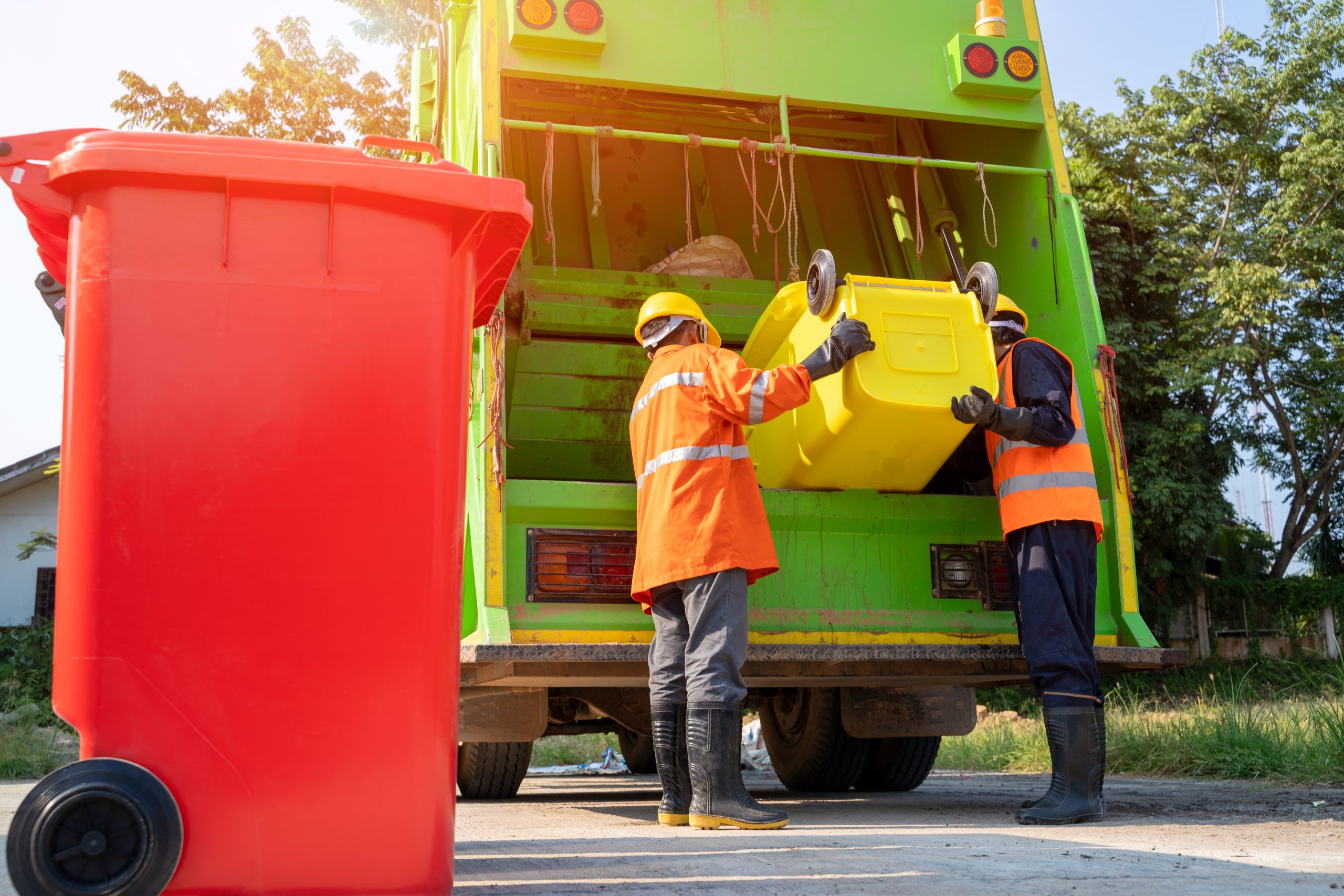Successful businesses are always on the consistent move to improve in all aspects. For this to be felt, it should include not just the products and operations but even the not-so-pleasing task of waste disposal.
This is often the last step in your business operations. Nevertheless, it’s also crucial for workplace hygiene and sanitation practices and committing to better corporate social responsibility.
To start, it’s important to note that managing business waste isn’t a far cry from that of your household waste, except for quantity. Naturally, you’d expect your business waste to be more than that in your home. But the whole process is almost similar.
Failing to practice good waste management techniques still leads to improper, irresponsible, and excessive disposal. You can follow these steps to manage your business’s waste effectively.
Hire A Rubbish Removal Company
Are your bins still overflowing with rubbish despite applying a good internal waste disposal system? If that’s the case, it’s a telling sign you need some help regarding waste collection and final disposal.
Your business’s bins aren’t the final destination for your waste. They still have to make it to the landfill or recycling plant. Without proper collection, the waste will still be stagnant, making your bins as dirty as they’re unappealing.
To that end, it’s best to take in the services of a rubbish removal company like samedayrubbishremoval.com.au, among the many. As its name implies, they take care of waste collection on your behalf. This is a very efficient step, particularly for businesses with large amounts of waste daily.
Hiring a rubbish removal company doesn’t just take that chunk of work off your hands but also allows your business to contribute to better disposal practices. Gone are the days when 100% of your business waste is automatically sent to landfill, making them even more crowded than they already are.
Furthermore, rubbish removal companies can also help your business send the recyclable materials to the proper recycling plant or junk shops. Doing so reduces the waste you bring to the landfill.
Limit Paper Usage
A discussion on sustainable waste practices for businesses will never be complete without going back to basics: paper use. This sounds like a highly reiterated tip to elementary school children, but it still has to be emphasized. Despite today’s digital day and age, many businesses are over-reliant on paper, perhaps even more than they need.
With that, your business can notice a significant reduction in waste products when each team member throws less paper. Digitize what you can, and print only what you have to. The fact that paper is biodegradable doesn’t make it any less of a waste product. Also, the process of creating paper is still unsustainable. Your business can’t go wrong with going as paperless as you can.
Consider Composting
This next strategy applies to businesses with an extra parcel of land to dedicate to composting. If that lot is still idle, you can temporarily use it as a compost pit. This means burying all the biodegradable waste in that location so you don’t have to mix it with all the other waste that goes to the landfills.
Composting is great, as it benefits both you and the environment. After some time, the soil around your compost area becomes healthier. If you’re working on a farm, food, or vegetable production business, then right there and then, you also have biodegradable fertilizer.
Store Commercial Waste In A Safe Place
Between the days of collection by the rubbish collection company, you’ll need to do your part to improve your waste collection. Storing your business’s waste in the appropriate bins or containers is only half of the task. You must ensure they stay safe, so the wind and rain can’t blow them away.
Doing this doesn’t have to be complicated. It can be as simple as ensuring all your bins are securely covered and that you’re also using the right plastic liners, among others.
Study Your Purchasing Strategy
You only have to remove what you’re putting into your business. You must take the extra step by reassessing your purchasing strategy to ensure you’re buying only what you need. For instance, purchasing in bulk can help reduce excess and wasteful packaging. That way, you won’t have to dispose of as much trash in the very first place.
Conclusion
All that said, it’s important for businesses to note and remember that they’re often the biggest contributors to waste sent to landfills. The bigger your operations, the higher the number is. However, it’s not yet too late to make a change for the betterment of your organization and the environment. The tips above are some of the most doable steps to apply for better waste management practices. Change isn’t expected overnight, but eventually, you’ll notice improvements in how your business shifts to a more sustainable one.


